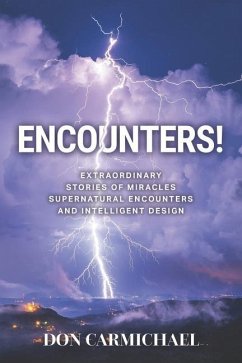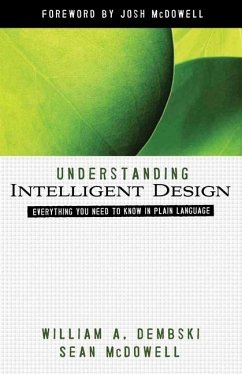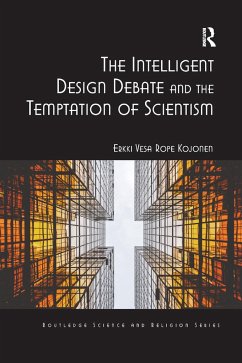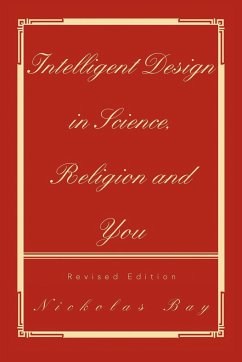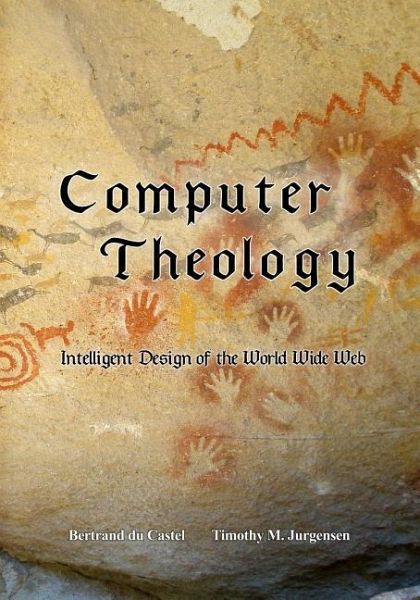
Computer Theology: Intelligent Design of the World Wide Web
Versandkostenfrei!
Nicht lieferbar
Computers are complex tools of the human species. To make them work well for us, we have to specify their actions in very great detail. When properly instructed, networks of computers take on the trappings of human social orders derived from the physiological characteristics and capabilities of our species. To create a social order, we engage in grouping mechanisms through which the actions of the individuals within the group are influenced. From a technical perspective, such grouping mechanisms form the trust environments within which we can effect policy. Historically, the most comprehensive...
Computers are complex tools of the human species. To make them work well for us, we have to specify their actions in very great detail. When properly instructed, networks of computers take on the trappings of human social orders derived from the physiological characteristics and capabilities of our species. To create a social order, we engage in grouping mechanisms through which the actions of the individuals within the group are influenced. From a technical perspective, such grouping mechanisms form the trust environments within which we can effect policy. Historically, the most comprehensive such environments have been formed by religions. Within a specific religion, the policy framework is established by a statement of theology. So, if we connect all the dots, when we want to tell our computers how to act in a manner paralleling human social orders, we must define for them a theology. So goes the rationale explored in great detail by the authors of Computer Theology. Based on their combined tenure of almost a century working in the realms of computer systems and their ubiquitous networks, du Castel and Jurgensen have expressed both social and computer systems through the same concepts. The result offers a unique perspective on the interconnection between people and machines that we have come to understand as the World Wide Web.




